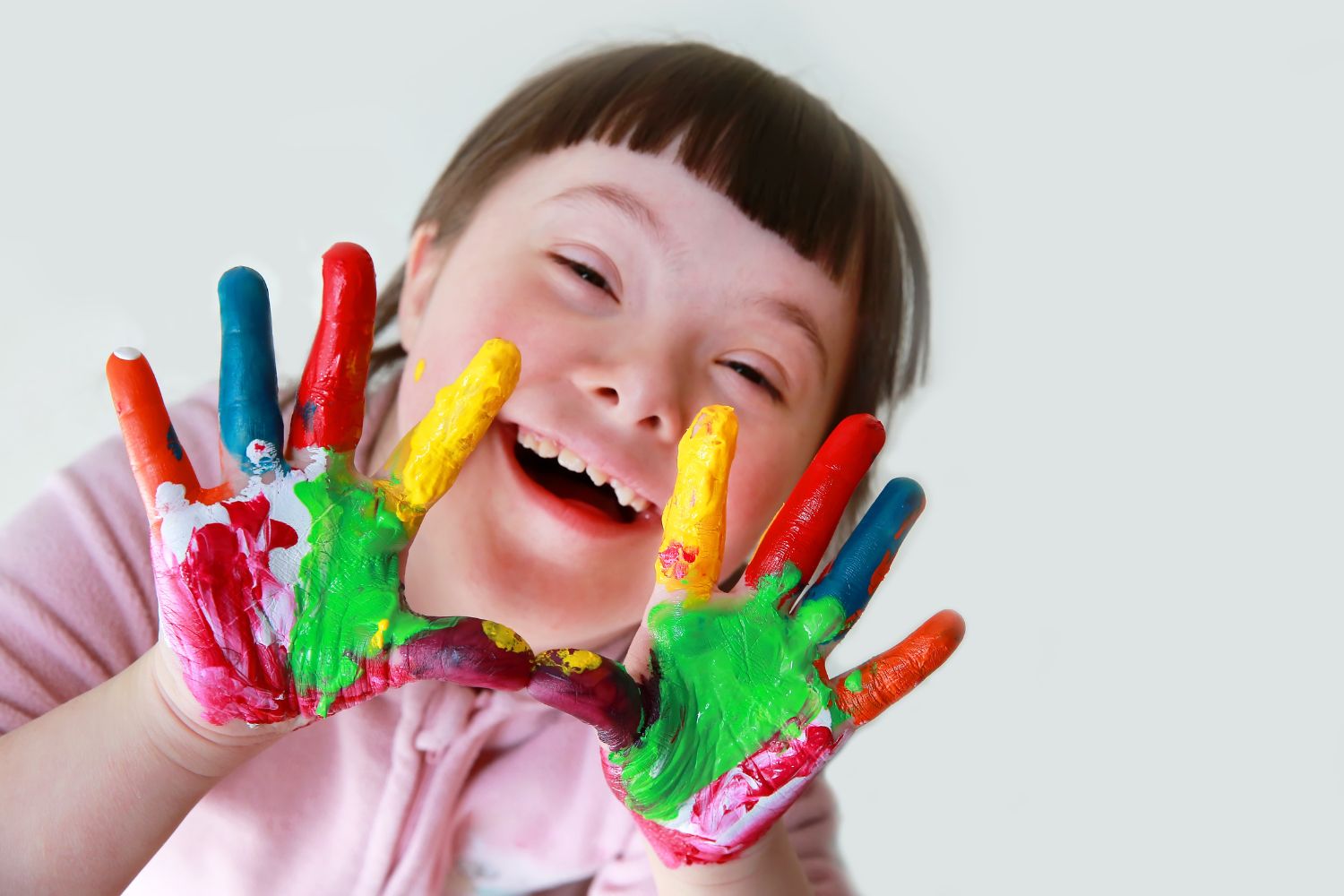Please Select
We have phased out this Professional Diploma in preparation for new and enhanced learning pathways at The School of Positive Psychology.
Overview
The Professional Diploma in Psychotherapy is designed to equip students with professional skills and techniques to effectively conduct therapy. It also aims to equip students with skills to understand how psychotherapy can be implemented in other areas of development such as personal life, relationships, family, and workplace.
Psychotherapy is a general term for interpersonal and relational intervention of treating mental and emotional disorders by engaging clients to vocalise their condition and related issues with a mental health professional.
Psychotherapists employ a range of techniques focusing on experiential relationship building, communication, and behaviour modification. This often includes alleviation of distress, an increase in individual sense of well-being, and reduction of subjective discomforting experiences.
The course is committed to educating students on different disciplines of psychology and psychotherapy applications, as well as promoting specialised training for students who are keen to practice psychotherapy professionally and independently.
The course is designed to train students in the three types of therapy approaches that psychologists, counsellors, and psychotherapists use to conduct therapy sessions. They are Cognitive Behavioural Therapy (CBT), Solution Focused Brief Therapy (SFBT), and Hypnotherapy. Students will also be taught the ethical aspects of counselling such as client confidentiality.
Optional Membership Pathway
- Association of Psychotherapists and Counsellors Singapore [APACS]
- Singapore Association for Counsellors [SAC]
For more details, kindly consult with the associations directly.
Teacher-Student Ratio: 1:25
Course Modules
Core Modules
- PDPSY 01 Cognitive Behavioral Therapy (CBT) (Trainer: Dr. Tan Yeong Jong)
- PDPSY 02 Solution Focused Brief Therapy (SFBT) (Trainer: Laurence Ho)
- PDPSY 10 Psychotherapy Practice and Ethics in a Multicultural Context (Trainer: Gerald Boh/Tan Ming Chin)
- PDPSY 11 Risk Assessment (Trainer: Dr. Alla Demutska)
Elective Modules
Select one of the two elective options
- PDPSY 03 Clinical Hypnotherapy (Trainer: Stephen Lew)
- PGDPSY 09 Understanding Trauma and Trauma Treatment and PGDPSY 11 Understanding Trauma and Trauma Treatment (Advanced) (Trainer: Dr. Alla Demutska)
Bridging Modules
Refer to entry requirements
- GPSY 02 Applied Positive Psychology (Trainer: Deborah Thurley/Jana Dawson / Matthew Koh)
- PSY 03 Developmental Psychology (Trainer: Bernice Lim)
- PSY 05 Mental Health Disorders (Trainer: Dr. Inderbir Sandhu)
- PSY 06 Addictions and Interventions (Trainer: Laurence Ho)
- PSY 07 Family and Marital Counselling (Trainer: Laurence Ho)
- PSY 08 Group Counselling (Trainer: Laurence Ho)
Entry Requirement
- A Bachelor’s Degree in Psychology (with bridging modules GPSY 02 Applied Positive Psychology and PSY 04 Introduction to Psychotherapy and Counselling), or
- A Bachelor’s Degree in Counselling (with bridging module GPSY 02 Applied Positive Psychology), or
- A Bachelor’s Degree in Medicine or Social Work (with bridging modules GPSY 02 Applied Positive Psychology and PSY 04 Introduction to Psychotherapy and Counselling), or
- A Bachelor’s Degree in Nursing (with bridging modules GPSY 02 Applied Positive Psychology, PSY 04 Introduction to Psychotherapy and Counselling, PSY 06 Addictions and Interventions and PSY 07 Family and Marital Counselling), or
- A Bachelor's Degree in Special Education (with bridging module GPSY 02 Applied Positive Psychology, PSY 04 Introduction to Psychotherapy and Counselling), or
- Diploma in Psychotherapy and Counselling or Diploma in Psychology and Counselling from The School of Positive Psychology (with bridging modules PSY 07 Family and Marital Counselling and PSY 08 Group Counselling), or
- Diploma in Child Psychology and Interventions from The School of Positive Psychology (with bridging modules GPSY 02 Applied Positive Psychology, PSY 07 Family and Marital Counselling and PSY 08 Group Counselling), or
- Graduate Diploma in Psychotherapy and Counselling from The School of Positive Psychology (with bridging modules PSY 01 Essentials of Psychology and Mental Health, PSY 03 Developmental Psychology and PSY 05 Mental Health Disorders), or
- Postgraduate Diploma in Psychotherapy and Counselling from The School of Positive Psychology (with bridging module PSY 05 Mental Health Disorders)
English Language Requirement
- Grade C6 and above in GCE 'O' Level English, or
- Grade E and above in any GCE ‘A’ Level subject conducted in English, or
- IELTS 5.5, or
- TOEFL (Internet Based) 59, or
Course Delivery
- Lectures and case studies discussions
- Role plays
- Practicum supervision
Course Duration
Course Fee
Professional Diploma in Psychotherapy
Course fee: SGD 13,243.50 w/GST
SGD 1,635.00 w/GST (PSY 03/ PSY 05 /PSY 06/PSY 07/PSY 08/GPSY02)
Top-Up Pathway to UEL MA Counselling and Psychotherapy Final Year
The School of Positive Psychology has an articulation agreement with the University of East London (UEL) for students graduating from its Professional Diploma in Psychotherapy course.
You will be able to apply directly for the final year of UEL’s Masters in Counselling and Psychotherapy programme. TSPP students enrolling into the programme will only need to do one year of modules on Research Methods 1 & 2, while you work on your final research project during the year. The first module familiarises the students with research methodology, ethics and helps you formulate your research questions. The second module is where data collection is undertaken, before the analysis and write up of your findings in the form of a finished article ready to send to a publication of your choice. (Publication is not a requirement for the award of the degree.)


